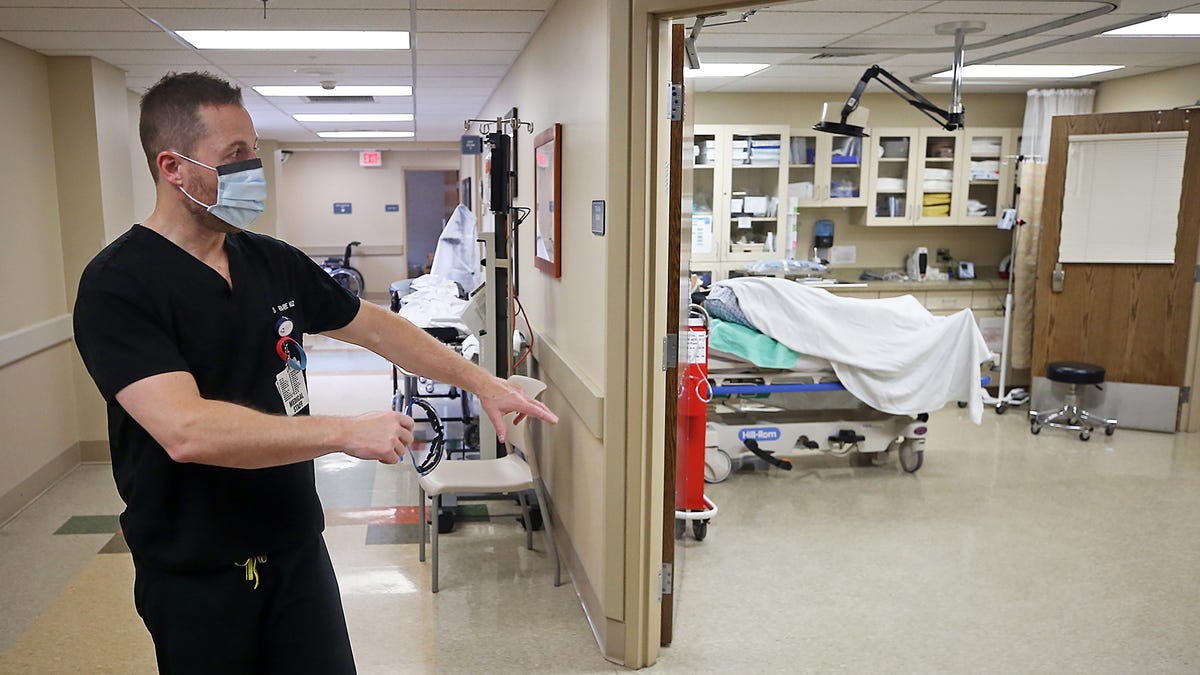While it is impossible to predict when you may need to visit an emergency department, it is quite likely that you will do so at some point in your life. You may require treatment or be accompanying someone who needs medical assistance. Would you even know what to do or anticipate if you were to visit an emergency room? You should consider few things to react appropriately should you require assistance from a hospital’s emergency room. Before going to the Emergency Room, think about the following questions:
- Is this a potentially fatal situation? Is it best for the wounded or sick person to see their regular doctor?
- Do you need to call an ambulance, or can you or the patient drive yourself to the hospital?
- Is it necessary to jot down symptoms to recall them later?
- Can you tell the E.R. personnel who your primary doctor is and where they can get your medical records?
Never wait to see if you or someone you care about will get better. If you are experiencing symptoms of a heart attack, a stroke, a high temperature, a loss of consciousness, exposed tissue, or uncontrolled bleeding, don’t hesitate to seek treatment.

Taking Action to Protect Yourself
Make sure you have the following items on hand in case you need to go to the emergency room:
- History of the family
- Personal medical background
- Food, chemical, and particle allergies
- Medication allergies that have been identified
- Make a list of the whole medications you’re currently taking.
- Make a list of any symptoms you’ve been having; even if they seem minor, it’s crucial to list them all.
- Contact information in case of an emergency
- Special requests instructions
- Powers of attorney or a DNR are examples of legal paperwork.
The following are examples of common emergency room errors:
Sending a patient home before they are stable frequently occurs due to a lack of adequate personnel, space, and, in certain cases, staff reluctance to care for patients without insurance. According to the Emergency Medical Treatment and Active Labour Act, hospitals must offer emergency medical care regardless of insurance status, ability to pay, or citizenship status. This law mandates that hospitals detain and treat patients until they have reached a state of stability or have given their informed agreement to be released.
Conclusion
Misdiagnosis in the emergency room might result in a life-threatening situation. If a patient is sent home after a misdiagnosis, they are a ticking time bomb. According to The Wall Street Journal, most emergency room errors are caused by a doctor misinterpreting symptoms; they also state that many cases of missed or delayed diagnosis are caused by a lack of coordination among the staff, which resulted in pieces of information being left out of the patient’s chart.
